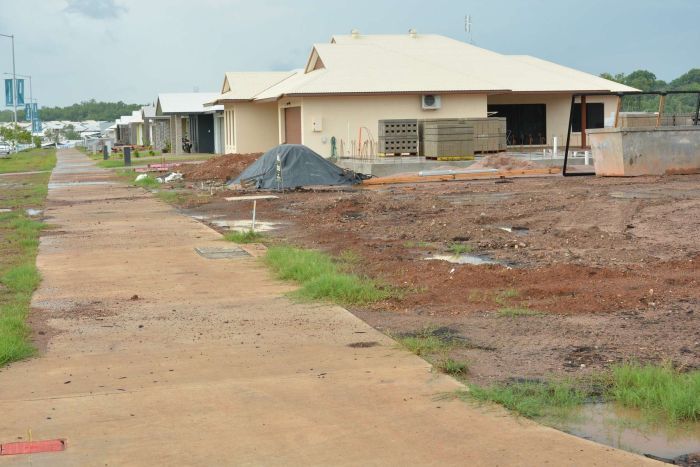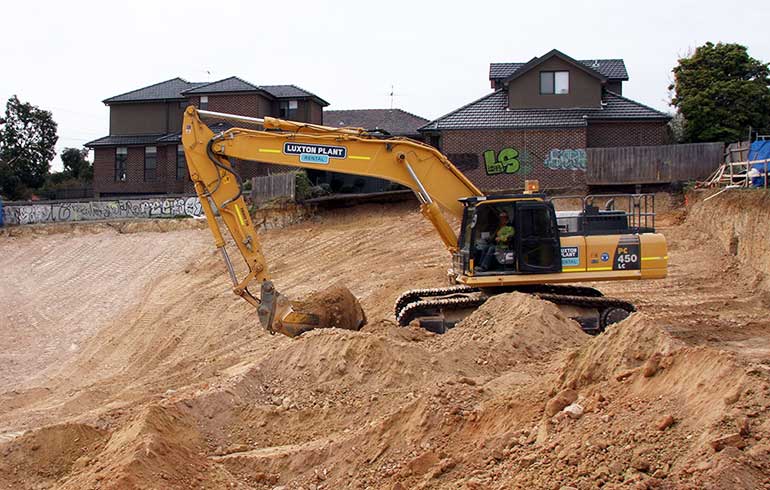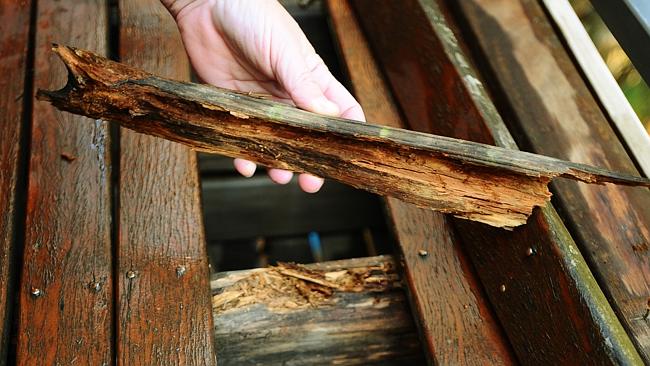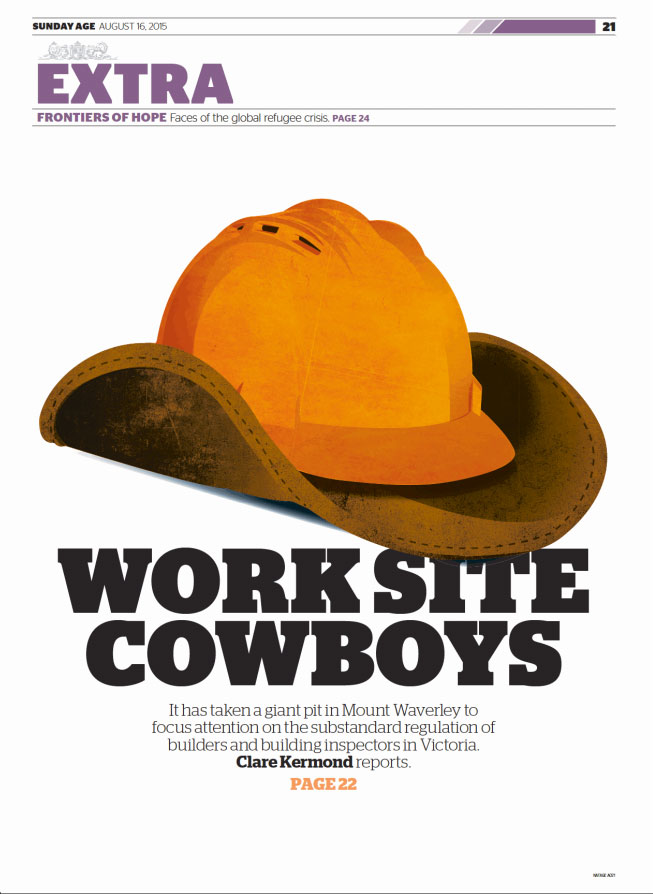
- Katherine Gregory
- Source: ABC News – Pressure mounts to scrap mba insurance scheme for home building
- November 30th, 2015
Pressure is mounting for an insurance scheme for home buyers to be scrapped after the Northern Territory Government received numerous complaints from the people it is designed to protect.
Key Points
Master Builders Fidelity Fund launched by NT Government in 2013
Consumers and builders complain the fund fails to protect home buyers and is locking builders out of the market
Review recommends scrapping the fund for a public warranty scheme
Master Builders denies it is failing to protect consumers
Geraldine Want said she and her husband lost their dream home and life savings after the home they built was riddled with defects.
Ms Want said she and her husband eventually left the Northern Territory after losing a court battle against their builder in 2013, and he refused to fix the defects on their partially completed home.
She said they asked the newly created Master Builders Fidelity Fund to help cover the costs of fixing the defects and their legal fees, but it was beyond the scope of its indemnity cover.
Ms Want said their case showed home buyers and consumers do not have enough protection in the Northern Territory.
“Consumers need protecting not just from builders who go bankrupt or disappear but from builders who are only interested in your money not the house that has been promised,” Ms Want said.
This is one of many stories from home owners and buyers that influenced the Minister for Lands and Planning to initiate an independent review into the building industry.
“Over the years I’ve had a number of concerns raised with me about the Building Act and a big part of that was concern with the fidelity fund,” Lands and Planning Minister Dave Tollner said.
The Master Builders Association Fidelity Fund was established in 2013 and is the only form of insurance for the Territory’s residential building industry.
We’re not looking at scrapping the fund.
Dave Tollner, NT Minister for Lands and Planning
Builders apply and pay for a fidelity certificate, which allows them to build dwellings or extensions worth more than $12,000.
It is a ‘last resort’ scheme, which means consumers also pay into the fund to get protection if the builder goes bankrupt, dies, disappears, or loses registration before the home is completed or defects are fixed.
But Mr Tollner said the fund had limited payout capacity, and was limited in the ways it could protect people.
In response to these concerns, Mr Tollner established the Cureton Review, led by lawyer Cris Cureton, to examine the effectiveness of the Fidelity Fund scheme.
One of the review’s recommendations was “to establish a new, public model, residential warranty scheme to replace the Master Builders Association Fidelity Fund Scheme.”
“We’re not looking at scrapping the fund,” Mr Tollner said.
“What Cureton has proposed is that fund isn’t a mandatory part of building a house, so if people want to get insurance, they can access that insurance through the fund or another organisation that provides it,” Mr Tollner said.
Master Builders Association’s executive director Dave Malone said neither he nor the trustees from the Fidelity Fund would provide an interview to the ABC.
But in a written response to the review, Mr Malone said the entire building industry would be “impacted were the recommendations released by Minister Tollner to be implemented”.
“We have met with Cris Cureton (last Friday evening) and we are seeking to have him and the department explain the rationale to our members in a series of briefings for them,” Mr Malone said.
Fidelity Fund the subject of multiple complaints
Several small builders have spoken to the ABC about their concerns with the Fidelity Fund, but most of them wanted to remain anonymous because they say they are concerned about repercussions from the fund.
One of those builders said he felt victimised by the Master Builders Fidelity Fund, after not being able to obtain any certificates to build.
“It’s had a huge effect on us. It’s brought us back from building 30-40 houses in a 12-month period to realistically being told we can’t build any,” the builder said.
“The cashflow has been diminished to next to nothing. It’s running on the back of me having to sell properties to keep business afloat. It also means me having to lay off large amounts of staff.”
He said he had not been given any reason or justification for being rejected.
The fund does not make up the rules. Everything the fund does is governed by statue and the fund’s Trust Deed.
Statement by Master Builders Fidelity Fund
“As far as from the builders standpoint, you put in your application and if they feel like giving you cover they’ll give you cover and if they don’t you’re left out in the dark.”
He said he was told “in no uncertain terms” by the fund he was “being a smart arse and I would never be able to build in Darwin again”.
Paul Winter, another Top End builder, had all his applications approved by the fund and had not been personally affected, but was concerned by what was happening to the industry.
“I don’t understand how a particular group can restrict or tell him how many houses he’s allowed to build in value annually,” Mr Winter said.
“I think that’s a total restriction of trade,” he said.
He also said the fund was not protecting consumers against fraud, which was the majority cause for builders going bust in recent years.
“We brought in an insurance policy to protect the consumer, but the three triggers don’t allow for fraud. So where is the protection?” Mr Winter said.
The Master Builders Fidelity Fund denied allegations that consumers had complained about the fund and that it was victimising builders.
“The fund is aware of a small minority of builders that are disgruntled. The vast majority of builders in the industry support the work of the fund in protecting consumers.”
In response to questions about whether the fund’s cover was too for limiting consumers, the MBA’s statement said:
“The fund does not make up the rules. Everything the fund does is governed by statue and the fund’s Trust Deed.”






